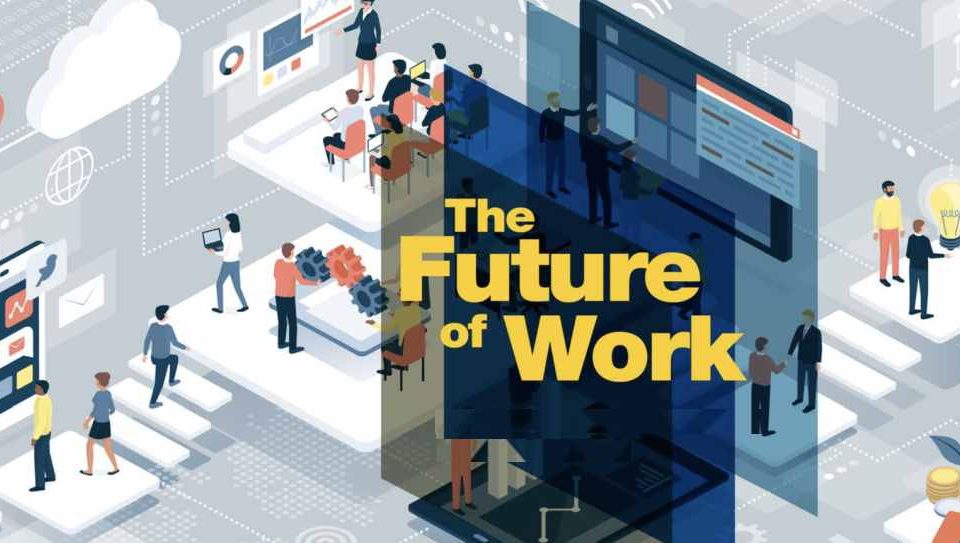New Report Reveals Key Insights on the Future of Work in Latin America

The future of work is changing. In September, we published a guest post about how technology is changing the way we work. Now, with the coronavirus pandemic, the old way of work is likely not going to be coming back. Tech giants like Facebook, Google, and Amazon are now embracing the idea of their employees working permanently from home. Even though many companies embrace remote working, the coronavirus pandemic has accelerated its adoption, creating a new era of work
The situation is the same around the world with a few variations. In November 2020, Runa, a human resources software solution designed for small to medium-sized companies in Latin America, conducted a new survey titled, “The future of Work in Latin America.”
As part of the survey, the Runa research team spoke with over 375 HR executives to understand how HR professionals, including directors, managers, coordinators, and Human Resource Business Partners (HRBPs), are dealing with the impact of COVID-19 on their teams.
Today, Runa released the findings of the new survey. Some recognized survey participants with offices in Latin America included BBVA, Beat, Deloitte, Didi, EY, Facebook, Google, Mercado Libre, Michael Page, Nubank, Rappi, Salesforce, Uber, among others. The report focused on key topics such as remote work, technology changes, employee and HR leader skills, office hygiene and safety, and team wellness.
Key findings about remote work include:
• Less than 5% of companies are working in person from an office today or planning to do so in the next 12 months.
• 45% of companies have adopted technology to monitor remote employee work.
• 38% of companies have created a role or working group to adapt to the new normal, and 73% state that the role or group is permanent.
The report highlighted company changes due to COVID-19, including:
• 100% have implemented new software since COVID-19, with 66% using video calling software.
• 64% of HR executives have trained their team in a new skill since COVID-19.
• 59% of companies have offered additional benefits to employees since the start of the pandemic.
• 77% of companies modified their offices to prevent the spread of COVID-19.
• Only 14% of HR executives said they felt fully prepared for the COVID-19 crisis.
The adoption of new work plans, new types of incentives, the integration of new technology, digitization, the need to acquire new skills, as well as the importance of the psychosocial well-being of workers, are the main challenges faced by the human resources area when dealing with the current pandemic. In Latin America, there will be major changes in the way people work both in the short and long term as a result of the COVID-19 crisis. With this report, Runa has identified the key trends in HR and outlined predictions and possible scenarios about the future of work in the region.
The full report can be downloaded here.

